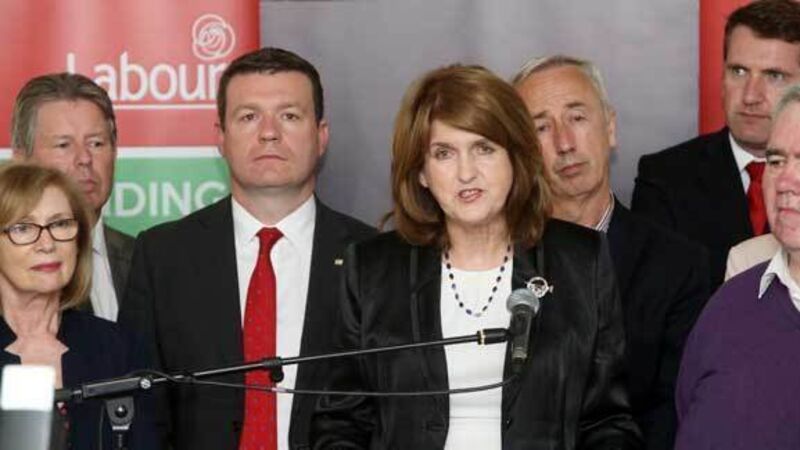An essential, balancing perspective - A future for the Labour Party

He resignation preceded, almost a year to the day, yesterday’s announcement by Joan Bruton that she will step down as Labour leader once a successor has been elected.
Mr Miliband was, sensationally, succeeded by Jeremy Corbyn. Mr Corbyn, a unreconstructed figure of the old-school left, has divided the party and made it, in the eyes of his internal and external opponents at least, unelectable. Naturally, and with barely concealed glee, the Conservatives remind the UK’s electorate of this family schism at every opportunity. Labour grassroots did not, and do not, agree. They were not so easily dissuaded because they wanted to, and did, make a fresh start and recommitted to the egalitarian ideals their party was established to champion. They hoped to combine internal revolution with renewal, whether that dual objective can be realised remains an open question. Despite anti-Corbyn interventions by grandees like Gordon Brown, Tony Blair, Jack Straw, David Miliband, and Alastair Campbell, Mr Corbyn won 59.9% of the vote, more than three times the 19% secured by his nearest rival Andy Burnham. The Corbynistas had had enough of corporate Labour and were alienated by Blairism’s thrall to markets. They wanted real change and to bury forever the Blair legacy they felt destroyed their party’s authenticity. Ireland’s Labour Party is at a similar, in some ways anyway, crossroads this morning.











